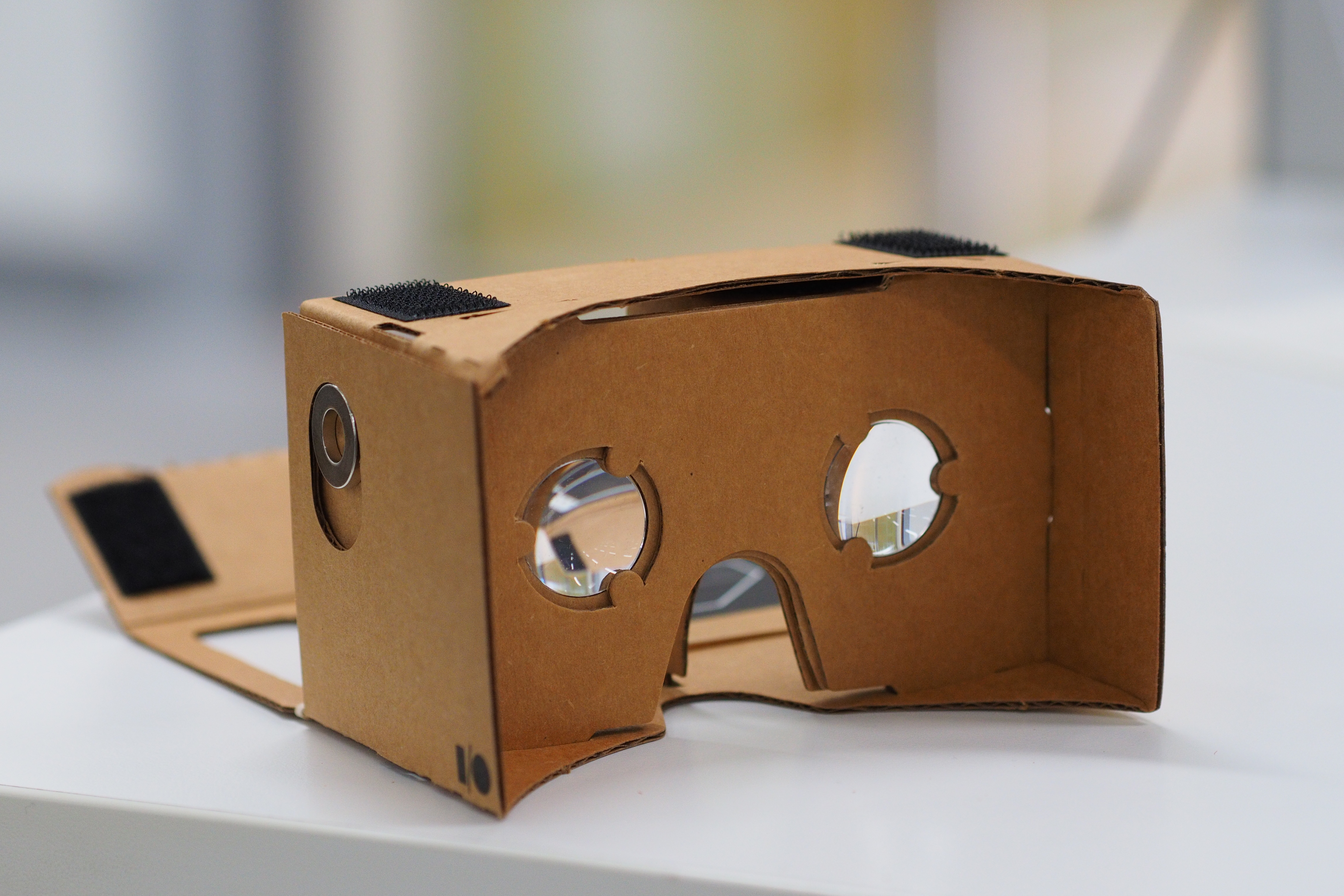By Peter Fowler | @Hapua
In the past decade we have witnessed the rise and rise of big social media. The platforms have huge audiences, which are a double-edged sword. We can’t ignore their reach and the tools they have developed, but they have seriously disrupted the media landscape.
They hold vast amounts of information on audiences, a lot of which is opaque to us as the story-tellers.
Public Media Alliance President and Radio New Zealand (RNZ) CEO Paul Thompson highlights that, saying audience data “are the new frontline in the battle for audiences”.
“Public service broadcasters such as the BBC and RNZ need to figure out how we can convince people to allow us… to provide them with personalised services,” he said in an RNZ staff magazine article.

With this in mind, RNZ is helping develop a new public service social media riding an emerging new wave of Speech Recognition technology. Speech recognition uses Artificial Intelligence (AI) programs to recognise and translate spoken language into text.
Our humble beginning is a smartphone application and Voice-Text Content Management System (CMS) called “VoxPop – The voice of the people.”
VoxPop allows anyone to record speech in near studio quality on their smartphone, which is simultaneously transcribed to text and uploaded to our CMS for broadcast/digital publication.
VoxPop bridges the divide between the terrestrial side of radio and the digital and helps them grow and interact with audience together. The app is billed as “a radio studio in your pocket” but it is much more than that.
It is potentially the interaction interface for a new type of social media you talk to that would operate under public broadcasting standards. Not to mention gaining new insights into our audiences and the mood of the people.

At its most basic, VoxPop is a feedback mechanism. Just as a radio host will ask for emails or Tweets or Facebook feedback, on RNZ we now also invite listeners to submit voice comments through the “RNZ VoxPop” app in near-studio quality. For a start we are using a service we own and control to interact with our audience.
A computer almost simultaneously transcribes the voice comments into text, opening a whole new world of possibilities for broadcasters. Machine learning can be used to moderate vast amounts of content in near real-time according to algorithms set to public broadcasting standards.
Accurate speech recognition technology has been a long time coming and has only really come of age in the past year. But the implications for radio are revolutionary. Imagine a live radio interview being transcribed in front of your eyes. Mentions of things on the radio become much easier to discover.
“Public service broadcasters such as the BBC and RNZ need to figure out how we can convince people to allow us… to provide them with personalised services,” – Paul Thompson
Big companies such as Apple, Google, Facebook, Microsoft and Amazon are pouring billions into developing speech recognition and public broadcasters ignore it at their peril. VoxPop is a pioneer in applying it to radio.
At the moment VoxPop can transcribe 30 seconds of audio to text almost instantly to about 95 percent accuracy. It still doesn’t know where to put the full stops, commas and other punctuation but it is rapidly evolving.
VoxPop has been running on a sample group of radio shows on RNZ stations for only a couple of months but we are experiencing early success. Whether a current affairs question on our Flagship show Morning Report or requesting your favourite song on RNZ Concert, the audience is engaging. And at the core of those who are submitting feedback and comments is a group who keep coming back and these people are the beginnings of an RNZ audience community – a social media.
Of the hundreds of comments we have received to date, none have been abusive or objectionable. And of our participants we know some are dyslexic or disabled and grateful finally for a media interaction tool that is voice operated.
Radio and other traditional media’s relationship with social has been to engage with the public at large through their platforms.
What if we were also working on a social media that public media owned and controlled? This would be a very unique and valuable brand in a world full of fake news, bots and propagandists, and would build on the reputation and audience of influencers we have established over many decades as public broadcasters.
RNZ VoxPop is available to download now from the iTunes App Store and Google Play.

If you’d like to know more about VoxPop or are interested in joining an initiative to create a new global social media controlled by public service broadcasters contact: peter.fowler@radionz.co.nz
Peter Fowler is a Senior Journalist at Radio New Zealand and VoxPop Lead.



